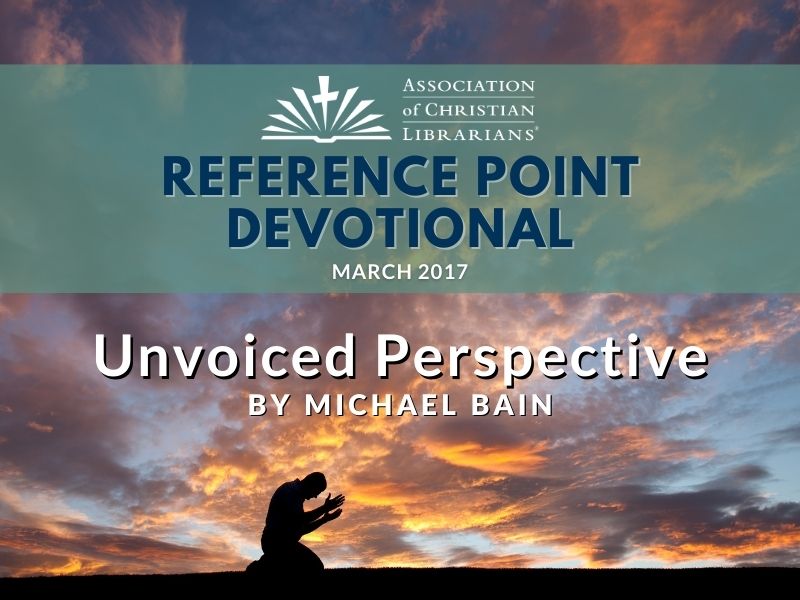“Bear in mind that our Lord’s patience means salvation, just as our dear brother Paul also wrote you with the wisdom that God gave him. He writes the same way in all his letters, speaking in them of these matters. His letters contain some things that are hard to understand, which ignorant and unstable people distort, as they do the other Scriptures, to their own destruction.” (2 Peter 3:15-16 NIV)
There can be no higher critical praise than to describe an author’s writing as scripture. And it is rather interesting that Peter reprimands readers who are at fault rather than placing blame with the author for difficult passages. Peter calls these misguided interpreters “ignorant and unstable.”
What’s our perspective? We can readily connect the letters of Paul with scripture, with the Word of God. Surely, anyone who has wrestled through Paul’s letters shares the sentiment that sometimes Paul is hard to understand.
As librarians, we can provide examples of the difficulty of understanding certain paragraphs in the writings of Paul. We can offer examples of contradictory conclusions. In all probability, one conclusion or the other conclusion or both conclusions are in error.
What’s our perspective when we have opportunity to guide people in their research into scripture?
“This is impossible”? Not the best approach.
“This can be difficult”? Realistic, and in concert with the sentiments of Peter.
“You poor undergraduate, [and with a knowing smile on our faces] you have no idea what you’re in for”? Probably not the best.
When we are called upon to offer guidance in researching the Bible, we have an honorable and important opportunity to teach with our (unvoiced) perspective. Let us hope and strive for opportunity to find understanding beyond controversy, to find guidance more than ridicule, to find God rather than discord, to find Jesus crucified, risen, exalted, and returning.

Michael Bain
Michael serves as the Director of Library Resources at Point University in West Point, GA. He has been a member of ACL for 27 years.


